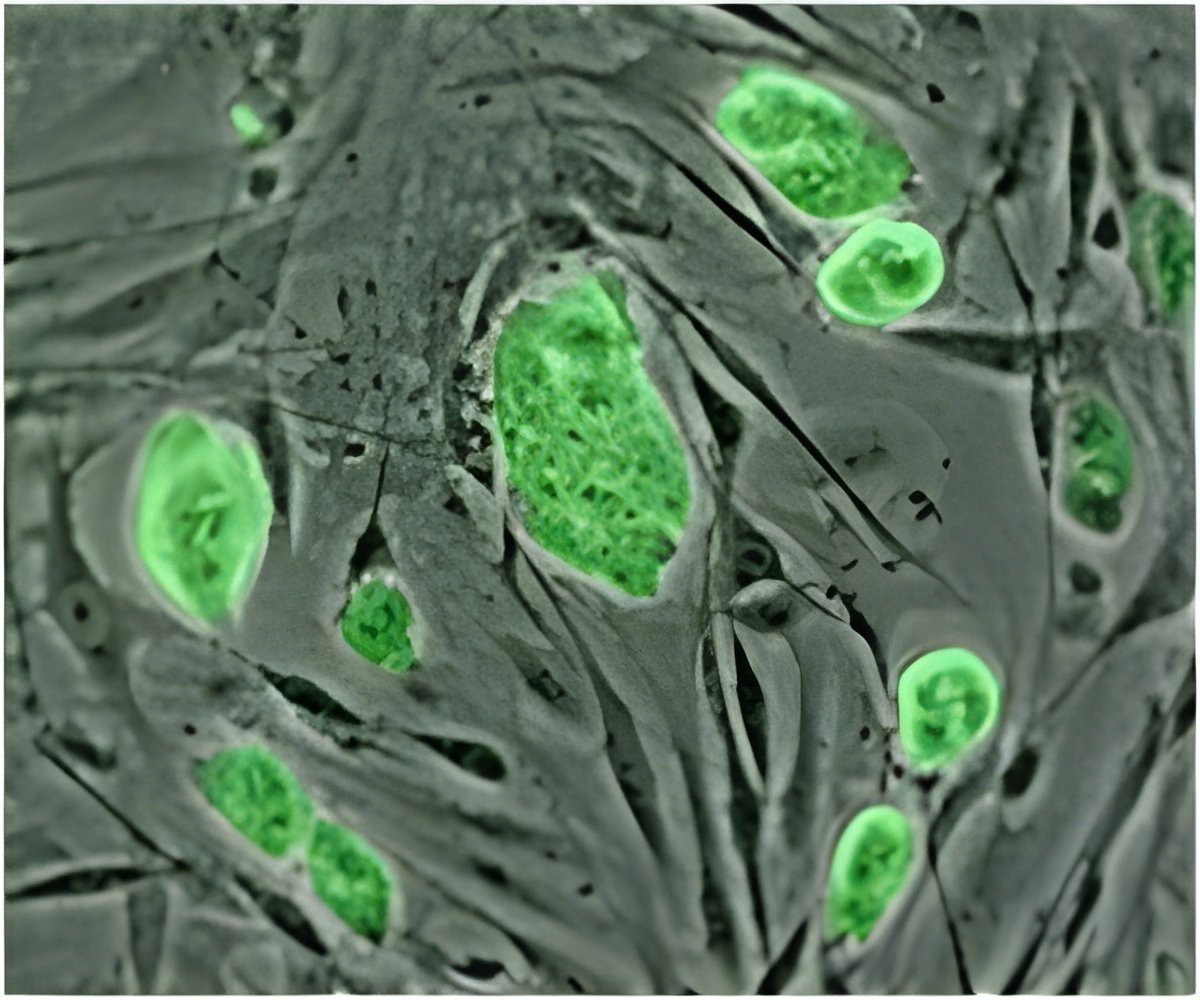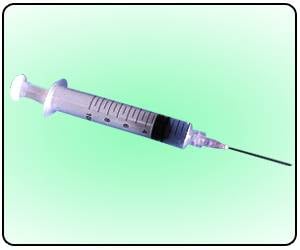
The Wake Forest Baptist researchers proved that pericytes, stem cells associated with blood vessels, contain two sub-types with completely different roles: Type 1, which forms only fat cells, and Type 2, which forms only muscle cells."We found that Type 1 contributes to fat accumulation in the skeletal muscle under pathogenic conditions, while Type 2 helps in forming muscle," said Osvaldo Delbono, M.D., Ph.D., professor of internal medicine at Wake Forest Baptist and senior author of the study.
"This is important because now we have the potential to develop therapies that can block the activity of Type 1 pericytes to form fat or activate Type 2 pericytes to regenerate muscle."In the study, the researchers were able to identify the subtypes through genetic and molecular labeling methods. Using an in vitro model, they showed that Type 1 pericytes form fat while Type 2 pericytes form muscle. To test their theory in an animal model, first they injected Type 2 cells into injured muscle in healthy young mice to determine if the muscle would regenerate to repair the damage; it did.
When Type 1 cells were injected, they did not form muscle.Next, to simulate what happens in diseases such as diabetes and muscular dystropy, the researchers injected glycerol into healthy mice to induce fat accumulation in the muscle. When Type 1 pericytes were injected into the disease model, they formed fat, not muscle. When Type 2 pericytes were injected into the disease model, nothing happened."Our results indicate that Type 1 and Type 2 pericytes may play a critical role in successful muscle regeneration, which results from a balance between different cells in the skeletal muscle," said Alexander Birbrair, a doctoral student in Delbono's lab and first author of the study. "This study proves that each type of pericyte has a completely different role in the body. We suggest that Type 1 pericytes could be used as a cellular target for therapy to diminish fat accumulation in the muscle."Based on these findings, Delbono's team is planning to conduct a new study using biopsied human tissue to determine if the same mechanism holds true in people.
Source-Eurekalert













